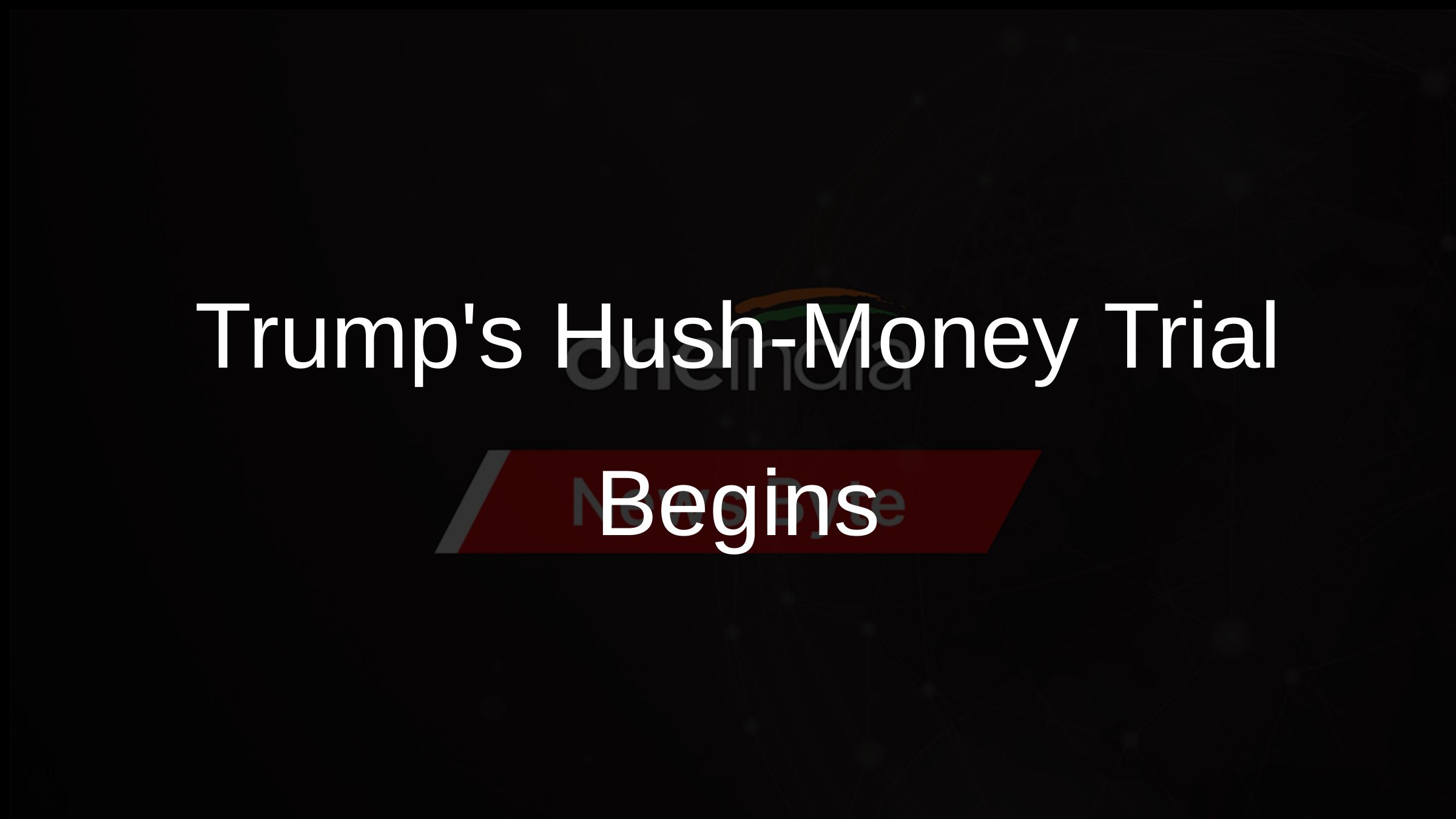By Nick Tattersall
FREETOWN, Apr 1 (Reuters) Sierra Leoneans are glad to see Africa's most notorious war crimes suspect, ex-Liberian leader Charles Taylor, behind bars but fear his presence could trigger more violence and would prefer to see him tried abroad.
The former warlord was flown, handcuffed and surrounded by UN peacekeepers, to the Special Court for Sierra Leone on Wednesday, after nearly three years in exile, to face war crimes charges over his role in the country's 1991-2002 civil war.
The UN-backed court has asked the Netherlands to hold the trial in The Hague, citing fears that keeping him in Sierra Leone could provoke unrest there and in neighbouring Liberia, where supporters have threatened trouble if he appears in court.
''We do not want Charles Taylor in this place. Charles Taylor is a serious war criminal. There is no place for him in Sierra Leone,'' said Abubakarr Sapatah, 38, an off-duty security guard in the centre of the sprawling capital, Freetown.
''We've just come from war. He still has supporters in Sierra Leone, in Liberia, in Ivory Coast. We're worried they'll try to help him,'' said Sapatah, who lost a sister and brother in the war and saw Taylor-backed rebels hack the arms off two of his friends.
Taylor was flown to Sierra Leone by UN peacekeepers based in Liberia and put into a cell block next to the courthouse guarded by a dozen blue-helmeted Mongolian UN guards.
Armed Sierra Leonean police patrol the barbed wire fence around the compound and a rapid reaction force of several hundred Irish and Swedish UN peacekeepers are on standby in Liberia.
''They would come by land, sea and air and they would come very quickly,'' said Special Court spokesman Peter Andersen.
''This is not something we just started thinking about last week.'' BITTER MEMORIES Despite the reassurances, few in Freetown can forget the day in January 1999 when Taylor's rebels attacked the capital, descending from the hills at night, mutilating civilians despite the presence of West African ECOMOG peacekeepers.
''People fear they will do it again to get Charles Taylor free. They do not believe in the international security,'' said Mohamed Conteh, 32, a Taxi driver who was in Freetown that day.
It would not be the first time Taylor had evaded capture. He escaped imprisonment in the United States in the early 1980s reportedly by cutting the bars on the cell window with a hacksaw and scaling the wall using a knotted sheet.
After almost three years in exile in Nigeria, Taylor was arrested on the run on Wednesday in a jeep packed with money, trying to cross the border to Cameroon.
Famed for his charisma, 58-year old Taylor was known simply as ''Pappy'' to a generation of West African child soldiers, many of them high on drugs as they wielded their Kalashnikovs.
Even from behind the barbed wire of the court compound, his presence still instils fear in many who recall his words: ''Sierra Leone will taste the bitterness of war''.
''I felt alive when he arrived because he's a cruel man being brought to justice, but our fear is mercenaries will intervene,'' said Mohamed Mansarey, whose right knee was shattered by a rebel bullet and whose parents were killed in the conflict.
A rare voice of dissent comes from among the group of mostly young men standing around him on the street corner.
''Let him be judged here in order for him to explain what led him to bring war here,'' said Frangie Jalloh, a farmer before the war, now forced to beg after rebels sliced off his right arm.
''I have had my hand chopped off. What more am I afraid of? If there is the chance I would like to go and see him myself.'' REUTERS PG RS0924


 Click it and Unblock the Notifications
Click it and Unblock the Notifications




